
Food Culture
A platform to preserve and promote the heritage of food.
The Challenge
Food, its cultivation, preparation and consumption as well as the connected service, products and emotions are a cultural heritage. A variety of databases capture the importance and the different “flavors” of food but do not map the associated emotions. We aim at bridging this gap using augmented reality, embedded technologies and other digital means.
Results
Impressions
Image
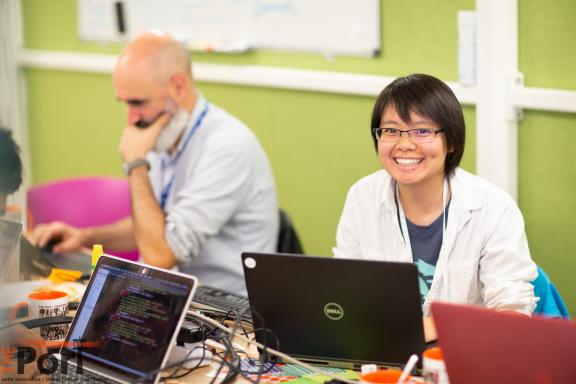
Image
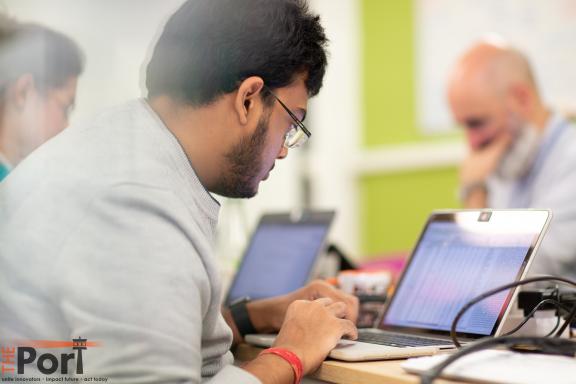
Image

Image
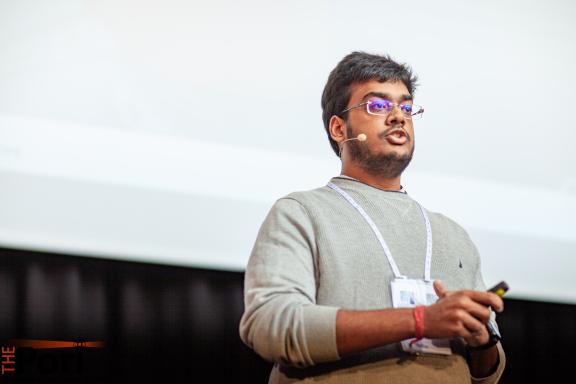
Project Team


Akanksha Ahuja
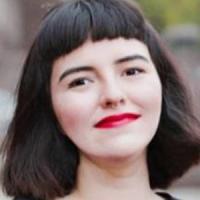
Aleyd Rocha

Amelie Dorn
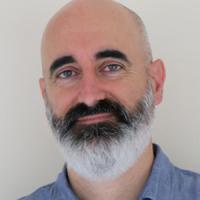
Enric Senabre Hidalgo
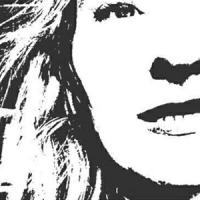
Eveline Wandl-Vogt
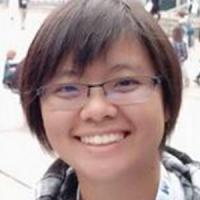
Hoy Ying Lam
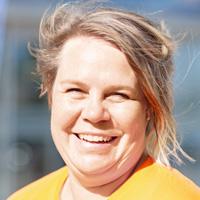
Ines Knäpper
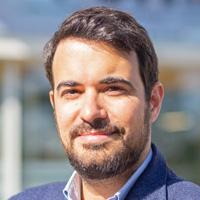
Karolos Potamianos
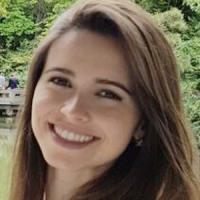
Lorena Freitas
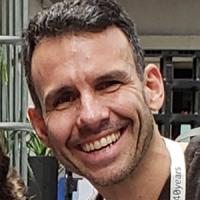
Renato Rocha Souza
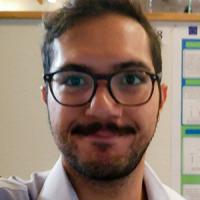
Roberto Cardella

Rowana Statham
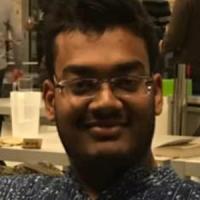
Sharad Argawal
Resources
Food Culture
Image
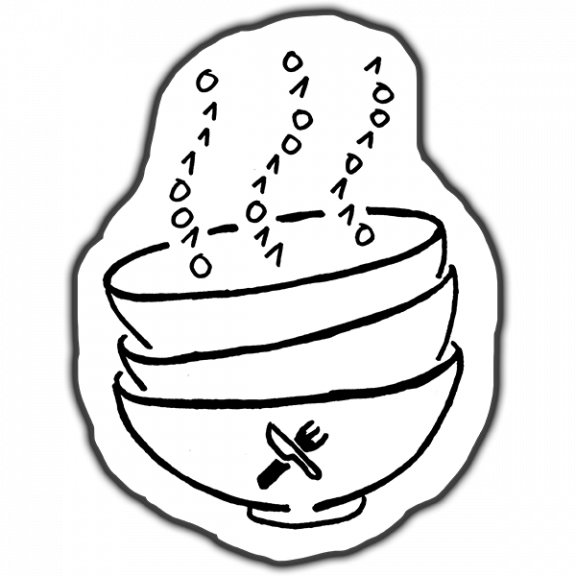
Sustainable Development Goals
Team
pier-47